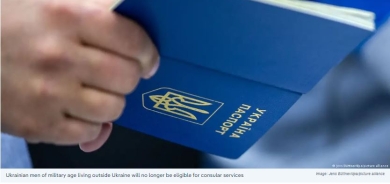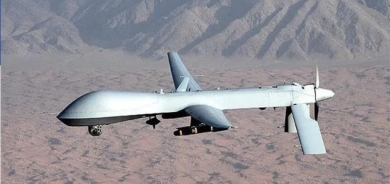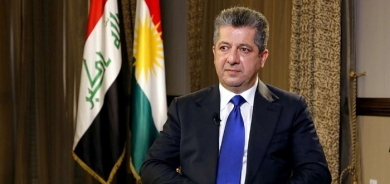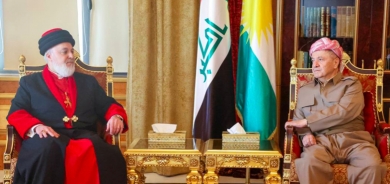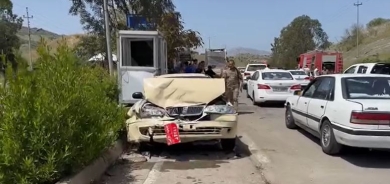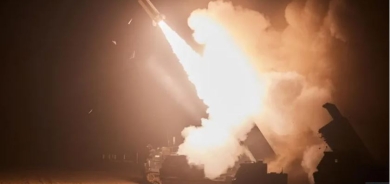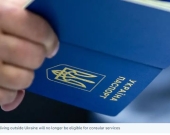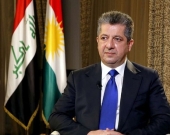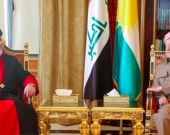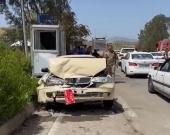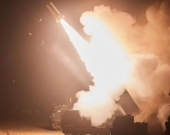3 out of 5 children in Iraq have no access to safe water services: UNICEF report
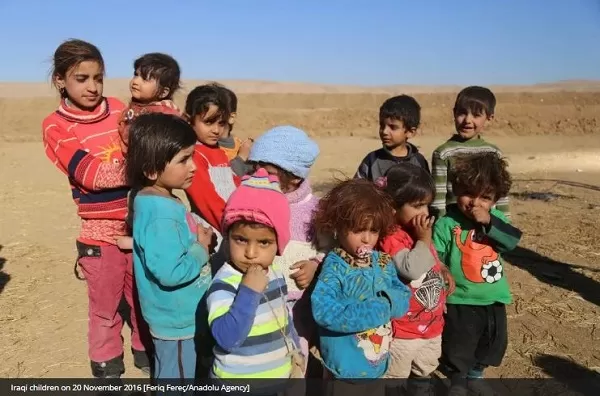
early 3 out of 5 children in Iraq have no access to safely managed water services and less than half of all schools in the country have access to basic water risking children's health, nutrition, cognitive development, and future livelihoods.
The MENA region is reported to be the most water-scarce region in the world. Nearly 66 million people in the region lack basic sanitation and very low proportions of wastewater are adequately treated according to a new UNICEF report titled 'Running Dry: the impact of water scarcity on children in the Middle East and North Africa'.
The report, released during World Water Week, highlights key drivers behind water scarcity in the region and Iraq including rising agricultural demand and the expansion of irrigated land using aquifers. While globally, agriculture accounts for an average of 70 per cent of water use, it is more than 80 per cent in the region.
"In Iraq, the level of water scarcity is alarming, children cannot develop and thrive to their full potential without water," said Sheema SenGupta, UNICEF Representative in Iraq. "It is time to take action on climate change and guarantee access to safe water for every child" she added.
Rising food demand, urbanisation, poor water management as well as climate change have combined to threaten children, the poor and the marginalised.
While not the sole reason for water scarcity, climate change results in less rain for agriculture and the deterioration of the quality of freshwater reserves due to the backflow of saline water coming from the Arabian Gulf into freshwater aquifers and increased pollution concentrations.
In Iraq, the 2020-2021 rainfall season was the second driest in the last 40 years, caused a reduction of water flow in Tigris and Euphrates by 29% and 73% respectively.
UNICEF will continue to support the federal and regional governments, local partners, civil society, and the private sector to address the vulnerability of water resources in the Middle East and North Africa, including to:
• Create a robust enabling environment with strong national policy and regulatory systems that address scarcity, including over-extraction of groundwater, water accounting and data analysis.• Work with civil society, especially youth as agents of change, on the value of water and water conservation.
• Initiate climate change response plans, incorporate water scarcity as a priority component and allocate sufficient national budget to address water scarcity.
• Create coordination groups between key stakeholders such as municipalities, water, environment, health, agriculture, energy, and finance), national academic institutions, sectoral actors including international community representatives to support policy revisions, and increase technical capacity• Support capacity building of key water sector actors, including regulatory bodies water utilities in the provision of clean drinking water especially to highly impacted communities through upgrading ageing infrastructure, developing sustainable operation, and reducing water wastage.

